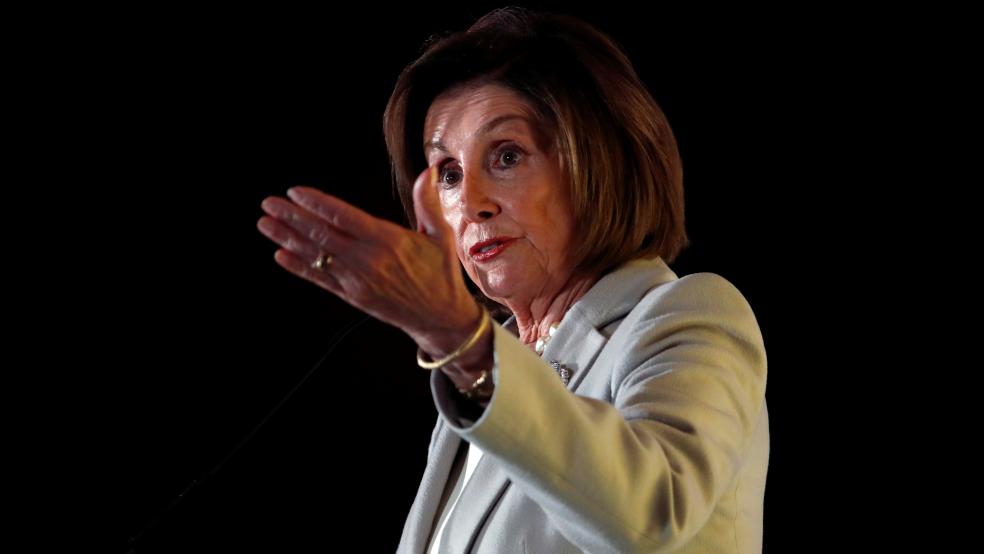House Democrats are pushing ahead with their plan to lower prescription drug prices, even as the already fraught relationship between Speaker Nancy Pelosi and President Trump, her main bargaining counterpart of the issue, appeared to take a turn for the worse this week.
Two key House committees voted largely along party lines Thursday to advance the legislation, which would require Medicare to negotiate prices for at least 35 of the most expensive drugs, using lower prices in other developed countries as a basis for costs here. Drugmakers who don’t negotiate or offer the agreed-upon prices to private insurers would face stiff penalties.
The bill would save Medicare $345 billion over seven years, according to a preliminary analysis by the Congressional Budget Office done when the minimum number of medications subject to negotiations was 25. (Read more about Thursday’s marathon markup sessions and resulting changes to the legislation by the Energy and Commerce committee and the Education and Labor committee here.)
“The American people, both Republicans and Democrats, are rightfully outraged that they are paying three, four or ten times more for the same drugs than people are paying in other countries,” Energy and Commerce Chairman Frank Pallone, Jr. (D-NJ) said at Thursday’s markup. “It’s time we finally negotiate a better deal for the American people.”
Pelosi is reportedly moving her bill quickly toward a floor vote, which reportedly could take place as soon as the week of October 28. She announced that the legislation will be renamed for Rep. Elijah Cummings (D-MD), who died Thursday morning.
But congressional Republicans remain adamantly opposed to allowing the federal government to negotiate prices, and Pelosi’s bill stands no chance of passing the GOP-controlled Senate — unless the president supports it.
The CBO analysis also found that some new medications likely won’t reach the market as a result of changes that would lower pharmaceutical companies’ revenues, leading Rep. Kevin Brady (R-TX), the top Republican on the House Ways and Means Committee, to say at the panel’s Thursday hearing on the legislation that the bill represents “government price fixing and extortion” and “is best described as the Fewer Cures for Patients Act.”
Rep. Greg Walden (R-OR) urged Democrats to turn away from what he described as an “unnecessary, political exercise in futility” and instead embrace a package of other drug-pricing bills developed by members of both parties. Democrats called that legislation inadequate.
"This is a big split between the two parties because we do believe that direct negotiation is the best way to bring down significantly the cost of drugs," Rep. Anna Eshoo (D-CA) said, according to the Washington Examiner.
The political stakes: “If Trump’s anger over the Pelosi-initiated impeachment probe sinks the effort, lawmakers of both parties would face voters next year with nothing to show on a top consumer issue,” notes Ricardo Alonso-Zaldivar of the Associated Press.





